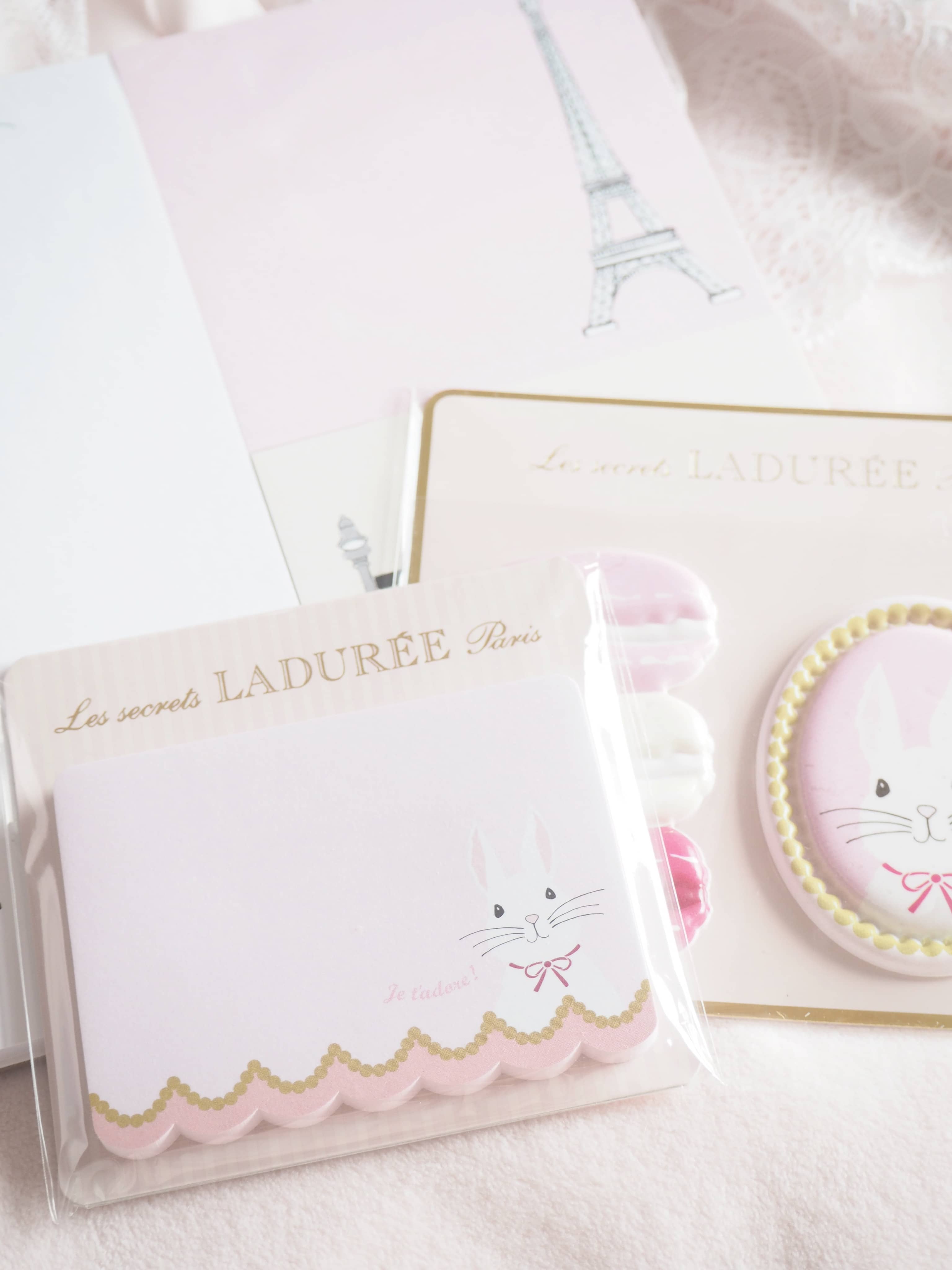
Hello my darlings, I feel ever so delighted to share with you my own little guide on studying English Literature at University…
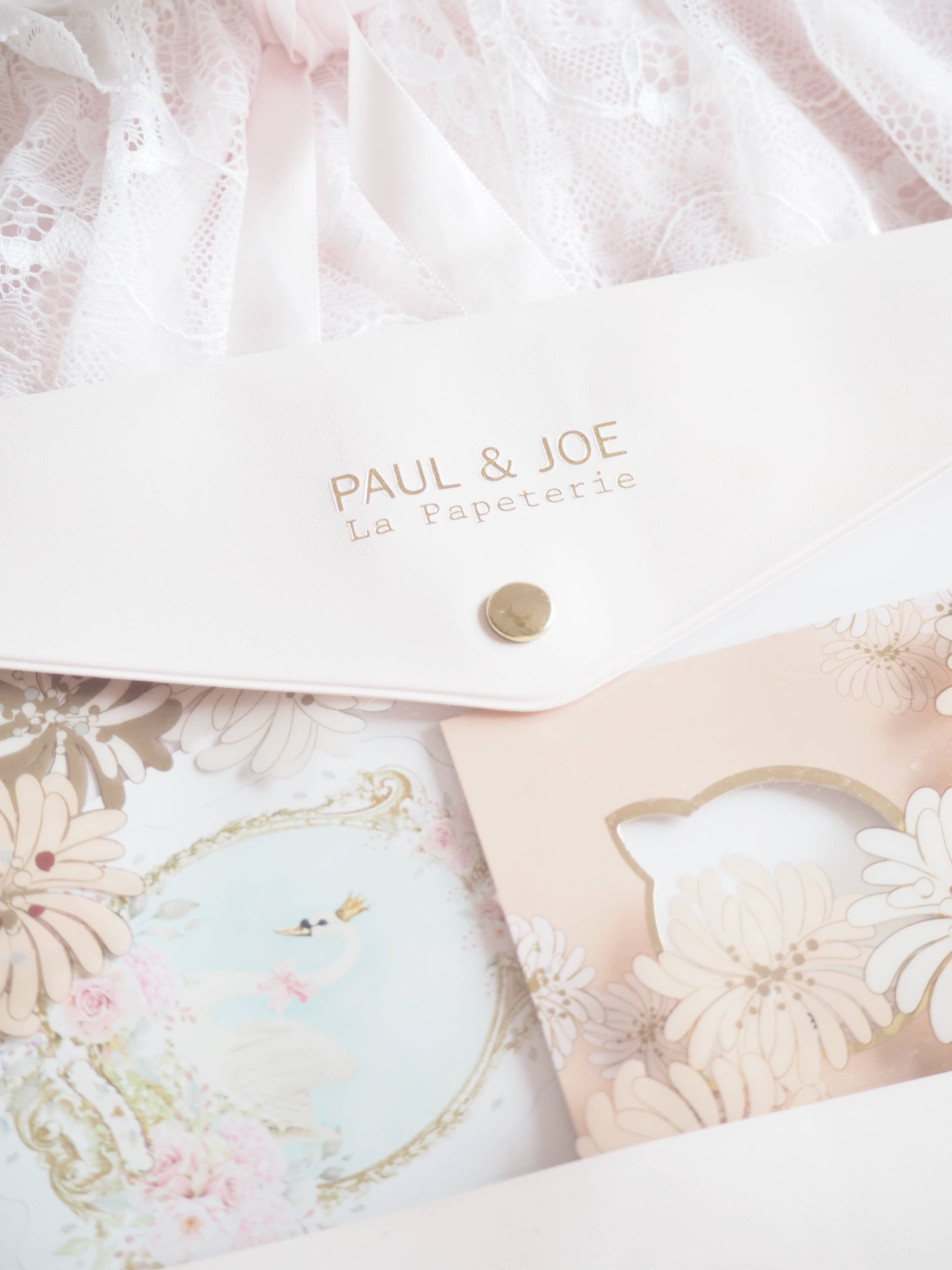
Organisation ~ It is so important to try your best during to remain organised as this can help you further into the term when deadlines approach.
My first piece of advice is to plan out the term in advance – this ensures that you know what is coming up eg. deadlines, exams and assignments. I love to do this through a digital calendar but also use my Kikki K pink planner and Jane Austen diary. Inside it I note down key dates, my classes and other pieces of work I need to complete.
You can also organise your studies within folders ~ I love to store my lecture notes and print-outs in large ring bound folders so that everything is kept in one place. It can be lovely to purchase folders in elegant designs and have separate folders for each module.
Colour-coding and highlighting are two of my favourite things to do and when you’re taking notes on your laptop, you can separate ideas under headings in different colours to make it clearer when you return to your notes.
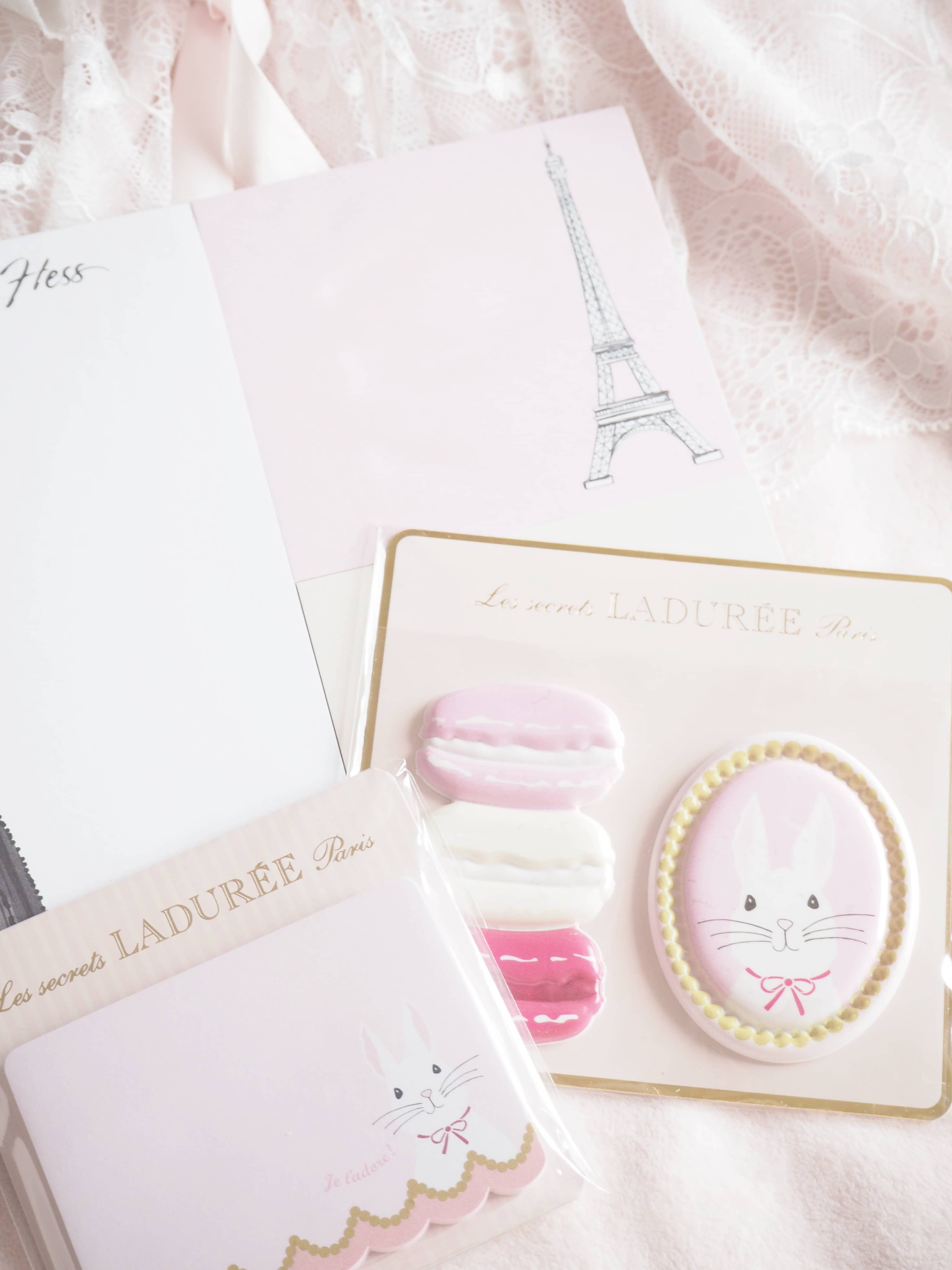
Planning ~ Each week, I keep an on-going to do list of the assignments I’m working towards and the readings I need to complete for each class! I like to spread my reading over the whole week so that I can do it little and often so that it isn’t overwhelming by the weekend!
As a literature student, I spend more time reading than attending classes (8 hours contact time per time) so its so important that when I read I’m also looking at material beyond the primary text which could be in the form of historical context; critical & literary theory and most importantly, academic articles! It can also be useful to keep your documents all in one place, storing them in digital folders which correspond with the module they’re for. If you would like to know the workload for an English literature student, we usually have to read 2-3 primary texts per week so this could be novels, plays or poetry then alongside that we need to read critical material on each text per module and prepare seminar work for class which is usually a set of questions or a research task in groups.
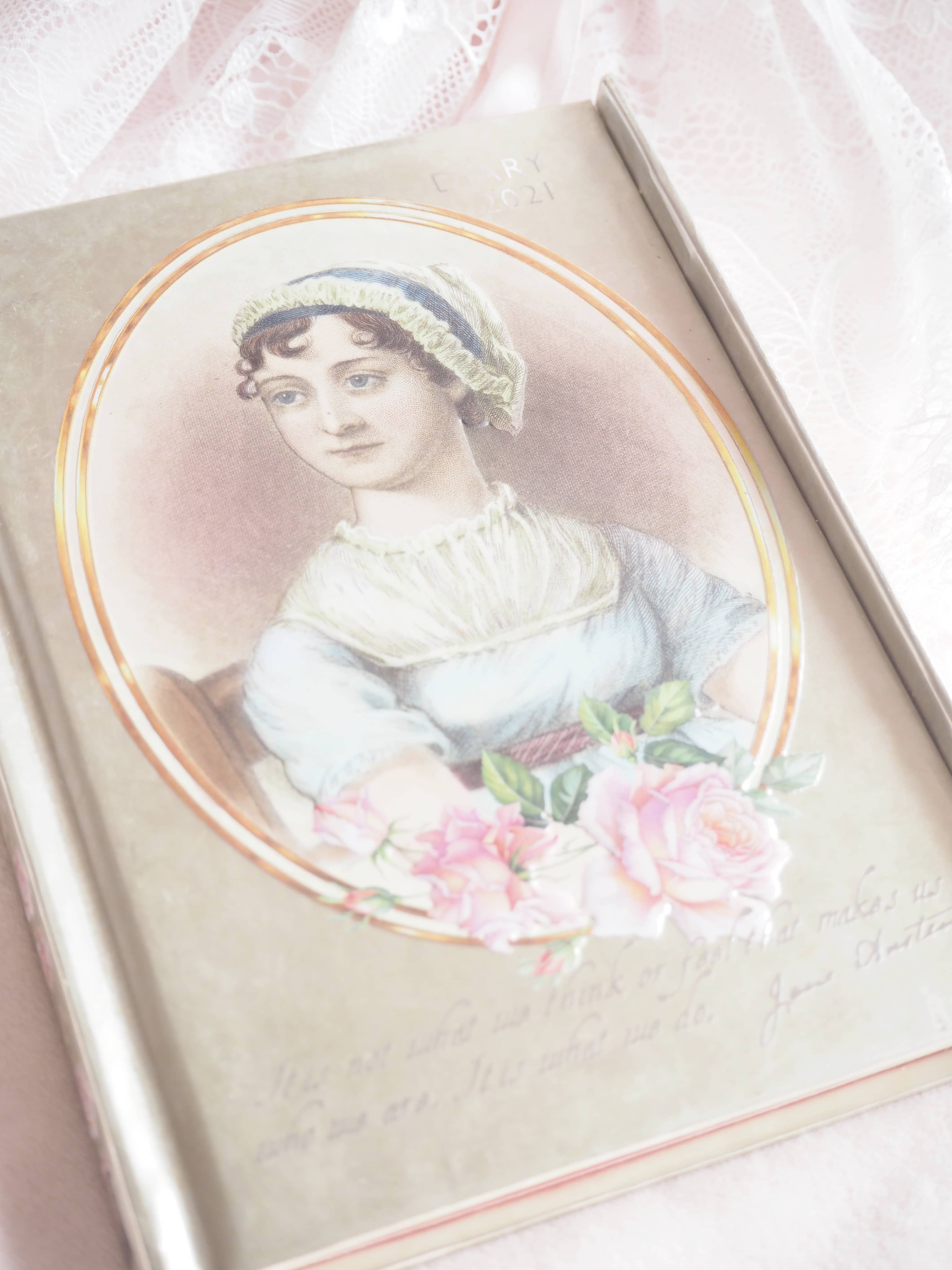
Note Taking ~ For note-taking in my online seminars and lectures, I love to use beautiful notebooks! I think this can make the process so much more special and enjoyable.
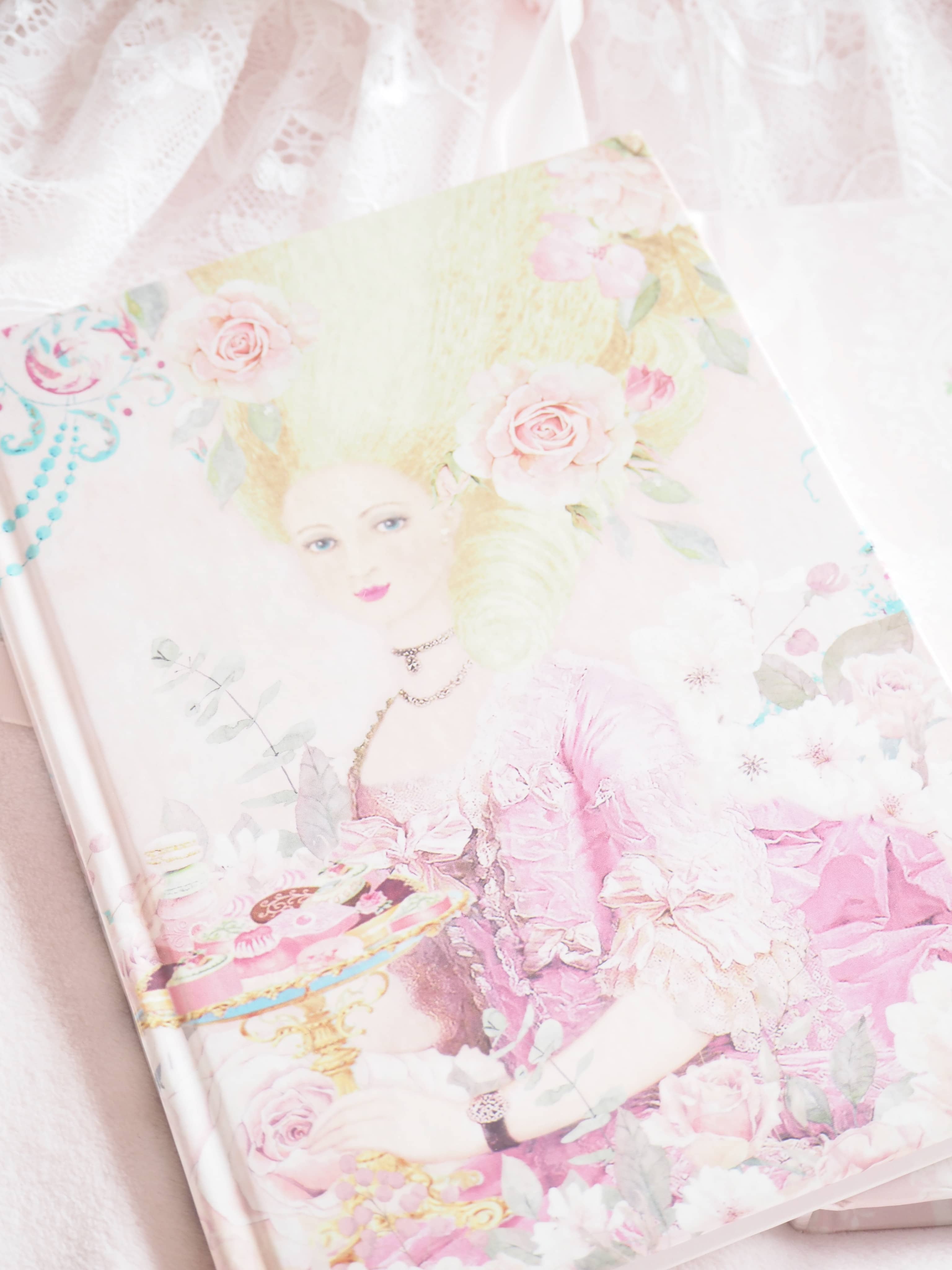
This year, I purchased all my notebooks from Wendy Patterson’s shop cafebaudelaire which has the dreamiest array of elegant Parisian designs!
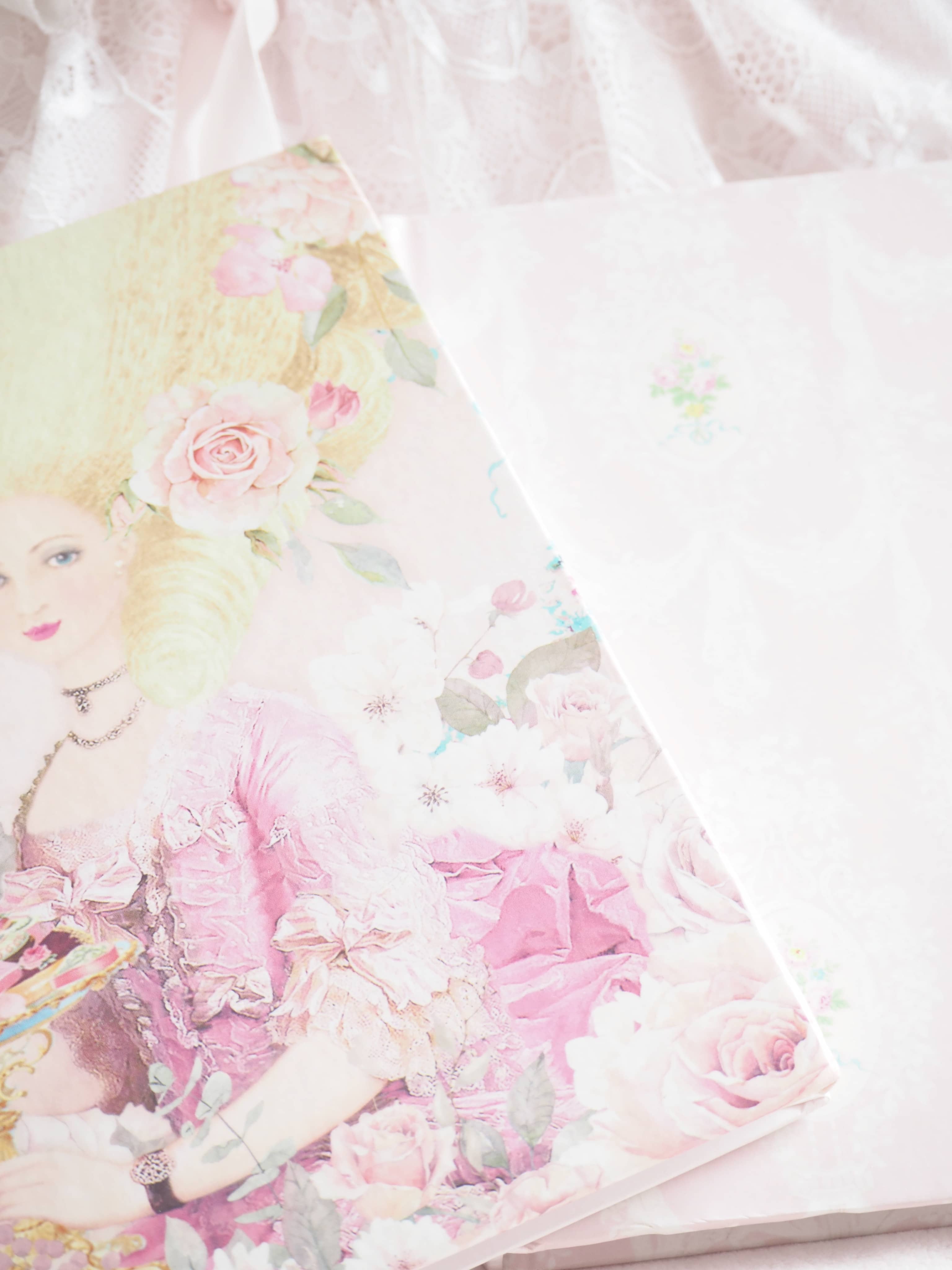
Reading/annotating ~ I have been studying English literature for quite a few years now, and because of this, I have picked up many tips and tricks for annotating and reading novels, plays & poetry!
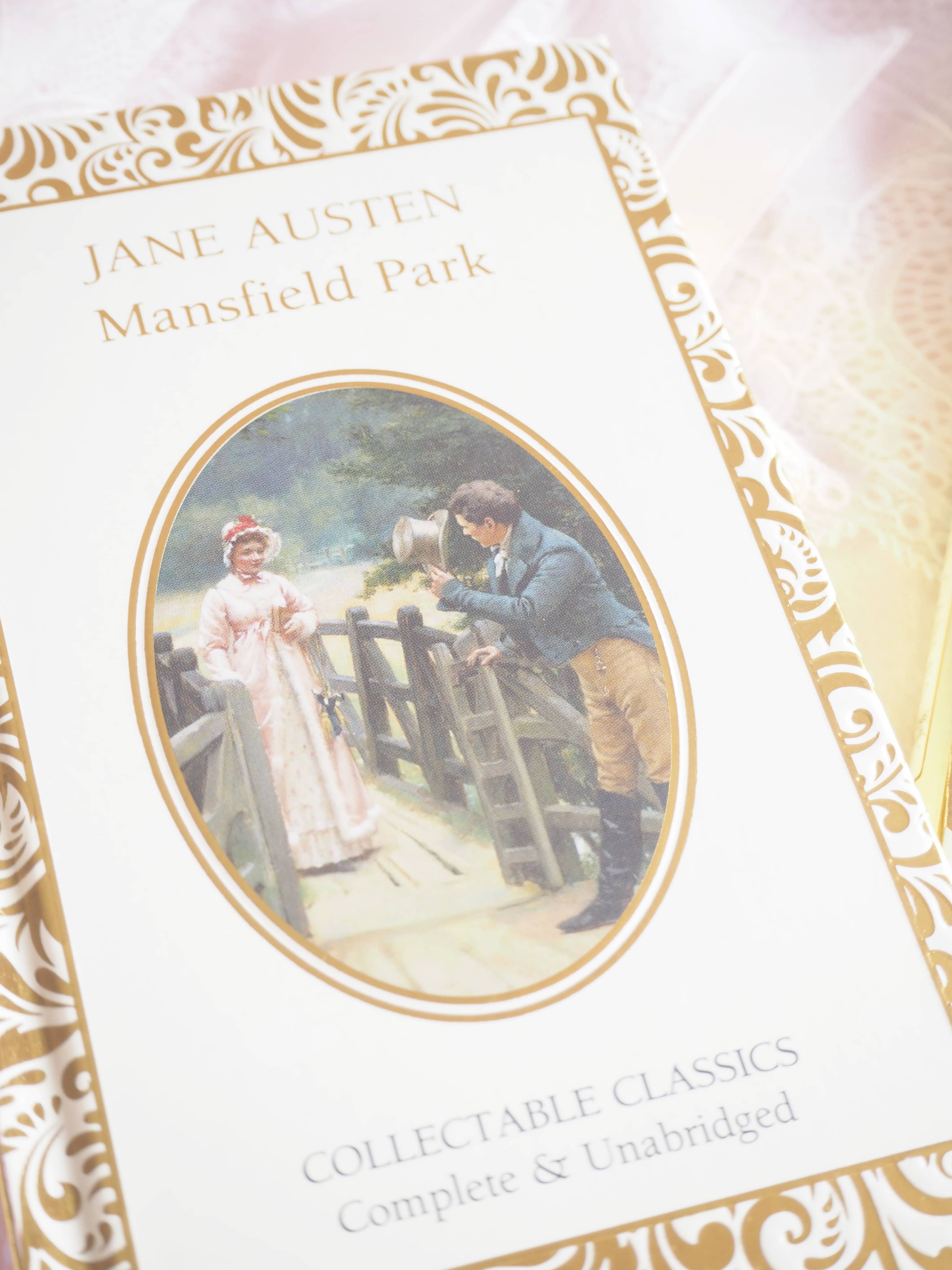
One of my first tips is to annotate with sticky notes! I’ve never liked writing directly in my books because it is easy to make a mistake, and if you would like to sell them on in the future, it can be difficult if they’re covered with annotations. Sticky notes are the best solution to this because it means you can jot down any key ideas about the text you have whilst avoiding overwriting! On my sticky notes, I add specific details I find interesting – I usually place them into categories: themes, historical context, critical theory, language analysis in different colours!
Alongside annotating the book directly onto the sticky notes, I like to create a word document where I store all the key quotes from the text! This makes it so much more easy to track down key ideas and quotations I may want to use for an essay or my seminar on the text. It can also be fun to make mindmaps on the texts you are reading, for instance, if you were looking at Mansfield Park that week, whilst you are reading you may wish to create a mindmap with key quotations, themes and characters.
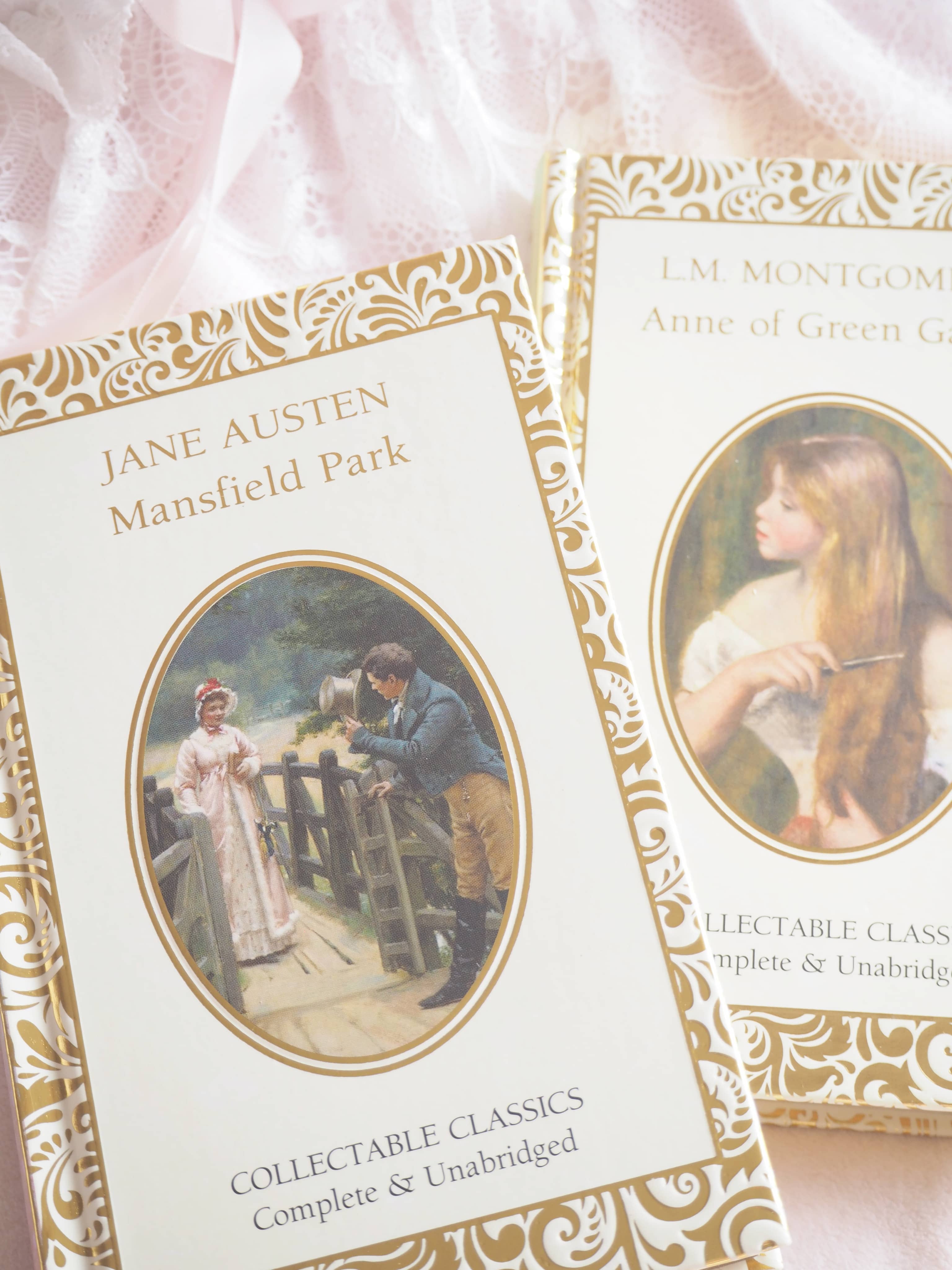
Assignments and Essays ~ As a literature student, I am ceaselessly writing essays and with this influx of prose, I need to do a lot of research and planning. When I begin working on an essay, my first tip is to plan and jot down ideas as early as possible! Sometimes, small and seemingly insignificant thoughts come to me and I don’t think much of them at first and they end up developing into really strong essay topics! In light of this, I would recommend keeping a notebook or a word document where you can store all those little ideas which can become insightful essay arguments.
Once I have done this, I go back to re-reading the primary text. This step is so important, because once you have a vague idea of the themes/ideas you’re looking for ie. sensibility in 18th century literature, or something very specific like mirrors, or clothing, you can delve back into the text and zoom in on those really significant details. As I look for those passages which correspond with what I’m looking for, I note down all the quotes on a Word Document (this is quicker than writing them all out by hand) this usually takes a couple of days so make sure you’re not leaving your essay writing too late! You need to know the primary text really well to have a strong essay – in my opinion, it always builds from the source and the quotations you derive from it!
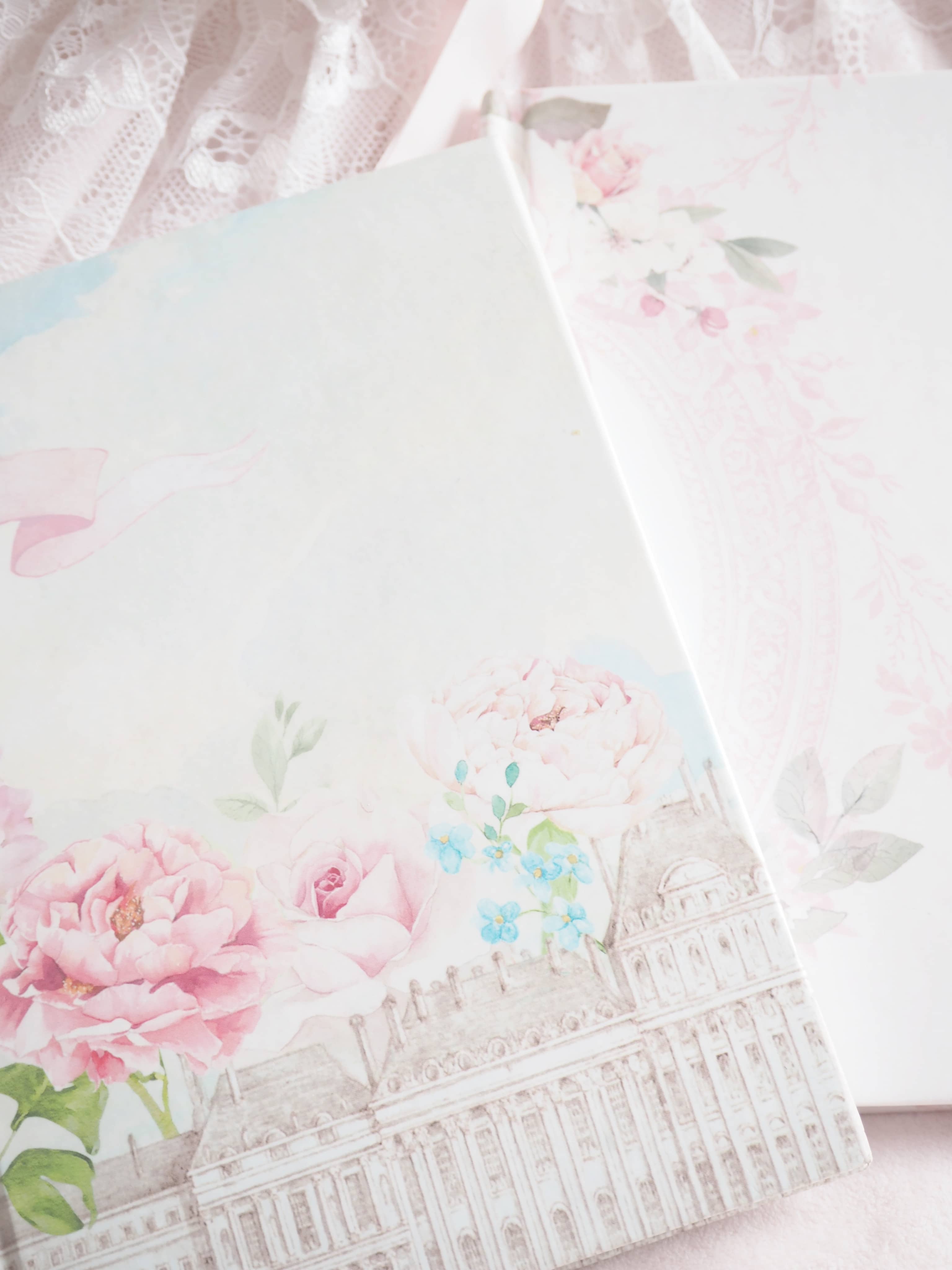
Usually whilst re-reading the primary text, I will come across a quote which corresponds directly with my essay topic and this gives me a clearer idea on the argument I want to establish. So once you have this set, you can begin delving into the secondary reading – historical context; critical & literary theory and most importantly, academic articles. I have written essays in the past where there was a lack of academic articles on the subject I was discussing but don’t let this discourage you! (it means you have a unique idea) In this situation, I turn to historical and other academic books on the subject more broadly which I will then mould to my argument. You need to make sure whilst you’re planning and researching that you are beginning to develop a statement/thesis which you will challenge or prove in the essay. Eg. “I will challenge [critics name] and prove […] or I will examine how [name of the primary text] uses…”, these statements will make it clear to the reader what you’re trying to achieve in your essay.
I love to plan my essays on a Word Document – this is the space where I get creative and add my own artistic inspiration to the piece. In the document, I add the quotations from the primary text/academic articles I want to use [in order of their appearance] and draft the structure of my argument, breaking it up into distinct sections [usually 3-4], I will also research images which are inspired by the essay topic! ie. for one of my essays, I was looking at the epistolary form, letter-writing and sensibility in the 18th century novel, and so I took to Pinterest to find beautiful images which inspired the essay! This is honestly so much fun and makes essay writing not only more enjoyable but aesthetically pleasing….
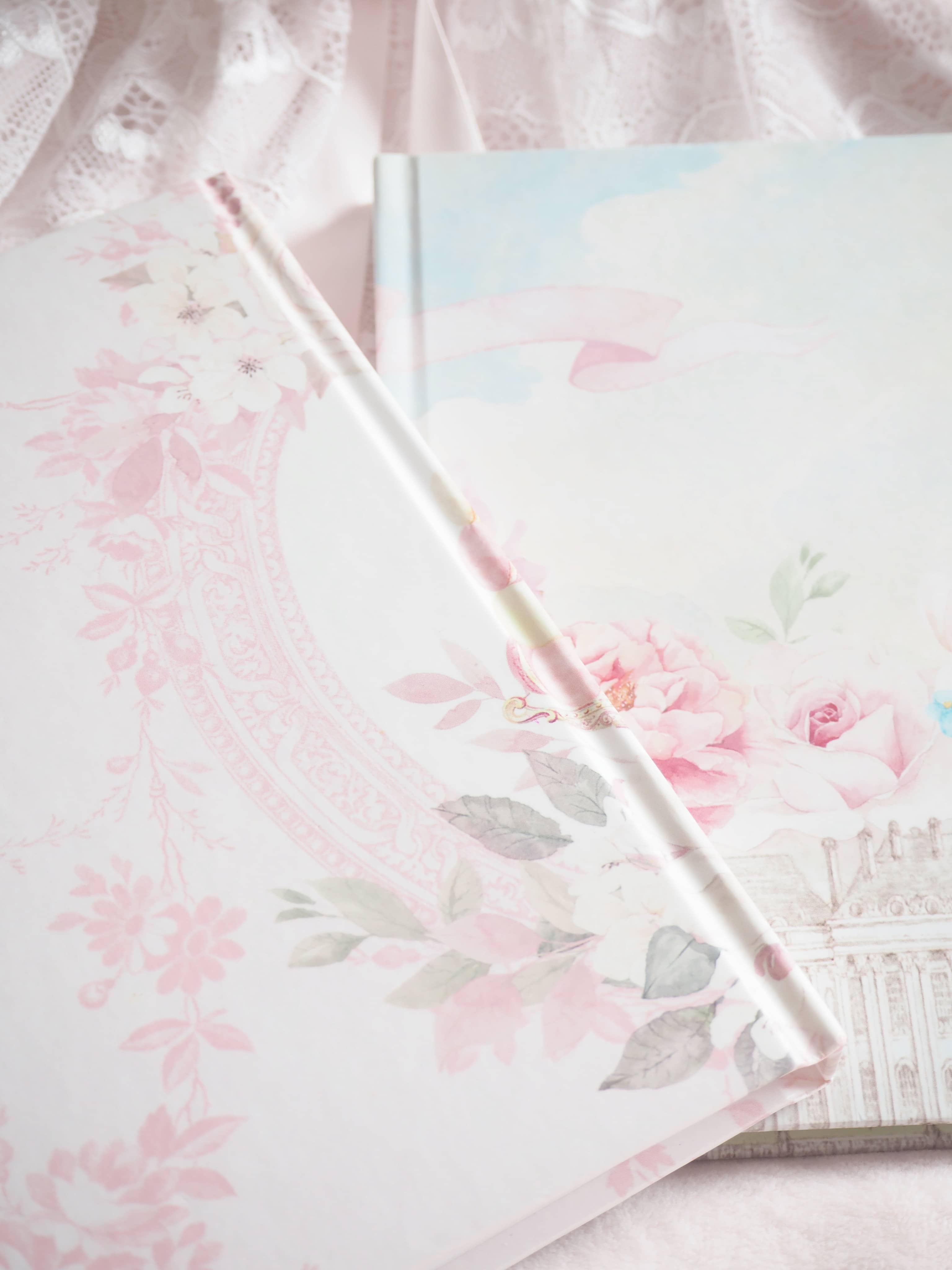
This may also seem a little bit over the top, but I also love creating playlists on my Spotify which are inspired by different historical/literary periods which correspond with my essays! So when I’m drafting the essay or researching them, I play the music in the background and it transports me into that realm which I’m writing and reading about…
I also recommend writing your essay as early as possible, that way you have enough time to edit and refine your writing as much as possible before the deadline and you don’t feel too anxious!
As always, I’m sending so much love to you all and I hope you can have the courage to pursue your own dreams. I hope this little guide can inspire you in some way.

I’m sending lots of love to you all,


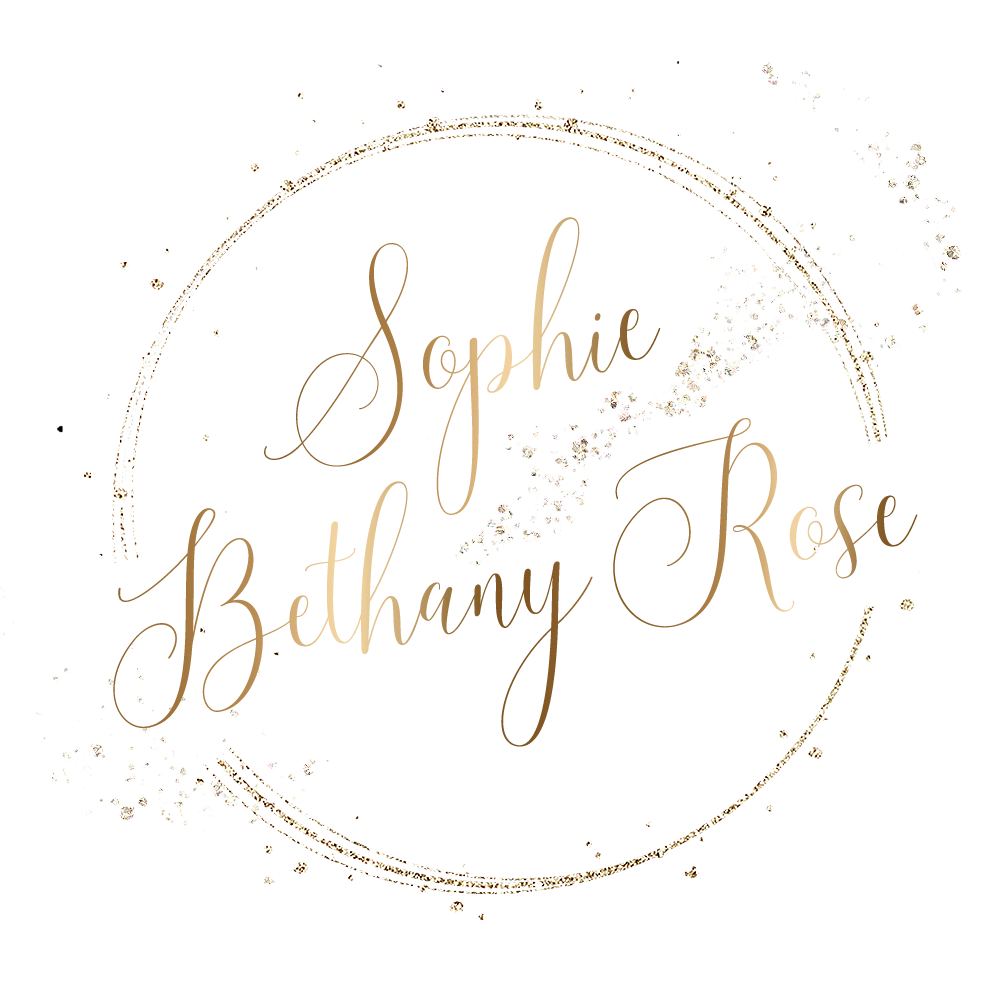
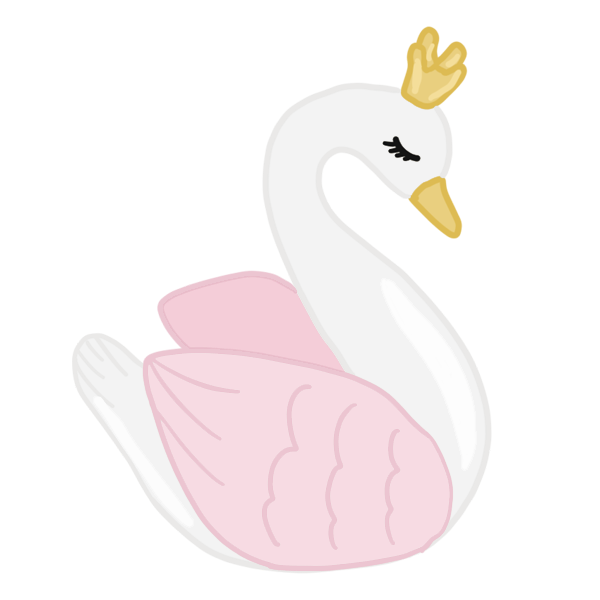
Hello, I’m Sarah and I’ve been reading your blog for about a year now, but it is my first comment.
What a beautiful and useful post ! Thanks a lot for sharing, Princess ! By any chance, would you link your Spotify ? I’ve been searching for a playlist like the one you mention for a while now !
Have a beautiful day,
Sarah
Dear Sarah, this means so much to me that you enjoyed the post! I hope it could inspire you in some way? and here is a link to my Spotify! https://open.spotify.com/playlist/10hrvgLCv9FJgbOMWTkMZu?si=cd8069de00b4495f 🌸
Best wishes,
Sophie xox